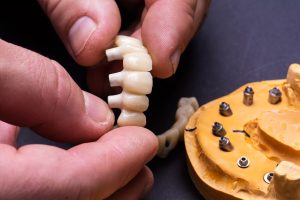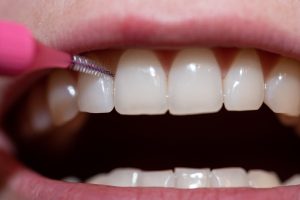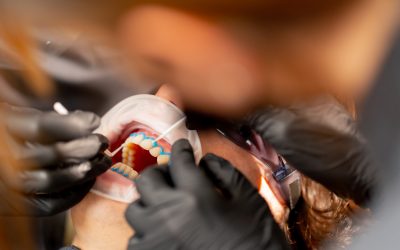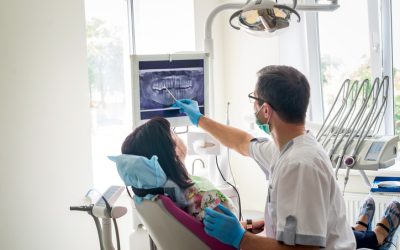July 19, 2024
Dr. Andres de Cardenas
All-on-4 dental implants, cosmetic bonding, Cosmetic Dental Care Services, cosmetic dentist Miami, Cosmetic Dentist Whitening, Cosmetic Dentistry, Daily Health Tips, dental care, Dental Care Tips, Dental Cleaning Appointment, Dental Implant Procedure, dental solutions, Dentist Appointment, family dental Care dentist, Family Dentist, FL, healthy teeth, Natural teeth whitening, Oral Cancer, Oral Care, professional denstists, Smile Makeover, Teeth Alignment, Teeth discoloration, Teeth Whitening, teeth whitening sensitive teeth, The Miami Cosmetic Dentist
Family Dental Care Miami | Miami Cosmetic Dentist > Blog > All-On-4 - Category > 5 Proven Tips To Prevent Breakage Of All On 4 Dental Implants
5 Proven Tips To Prevent Breakage Of All On 4 Dental Implants
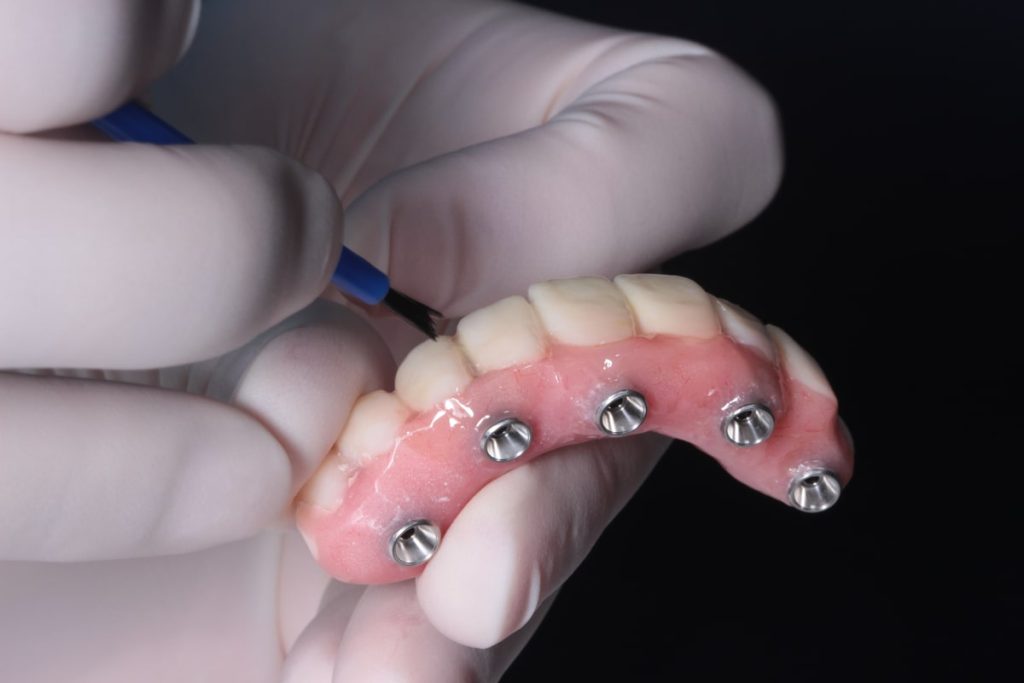
Investing in our oral health significantly impacts our smiles and daily lives. Dental implants have truly transformed the face of modern dentistry, with all-on-4 Dental Implants at the helm of this revolution. Their undeniable appeal lies in their capacity to reestablish a natural smile’s complete functionality and aesthetics. However, like other dental appliances, they demand diligent care to ensure durability and avoid breakages.
We present five tried-and-true strategies that will assist you in preventing your all-on-4 dental implants from breaking.
Why Do Dental Implants Break?
An essential factor contributing to the successful installation and functioning of the implant revolves around our jawbone’s health. A healthy, robust jawbone lends necessary support to the dental implant, ensuring it stays firmly positioned while accommodating chewing pressures.
Here are some common reasons why dental implants can break:
- Poor Oral Hygiene: Not keeping the implants clean can lead to infections and gum disease, weakening the implants and eventually leading to breakage.
- Excessive Pressure: Chewing hard food items or applying extreme pressure can cause the implants to crack or break.
- Bruxism or Teeth Grinding: This condition can exert undue pressure on the dental implants, leading to damage or breakage.
- Smoking and Alcohol Consumption: Both habits can weaken the bone surrounding the implant, increasing the risk of breakage.
- Inadequate Bone Support: If there’s insufficient bone density in the jaw, the implant might not be supported appropriately, leading to a risk of breakage.
- Poor Placement of Implants: Incorrect placement procedures can compromise the longevity of an implant, making breakage more likely.
- Normal Wear and Tear: Just like natural teeth, dental implants can wear down over time and may eventually break.
- Accidental Trauma: Any impact to the face or jaw, like an accident or sports-related injury, can break dental implants.
- Worn-out or Broken Components: The individual parts of the dental implant, like the screw, can wear out or break.
- Failed Osseointegration: Failure of the implant to fuse properly with the jawbone can increase the tendency for implant breakage.
Addressing these potential issues and safeguarding your all-on-4 dental implants from breaking begins by choosing a skilled dentist or implant specialist to handle your case, ensuring proper implant placement, and leveraging high-quality materials. Discussing your oral health and any concerns with your practitioner, such as bruxism or gum disease, can also assist in avoiding issues that cause implant failure.
Get the Smile you Deserve!
Seek out the best cosmetic dentist, Dr. Andres de Cardenas, and call us today!
The Implant Denture Procedure
The procedure to get implant dentures typically involves several stages over a few months.
- Initial Consultation: The first step involves a thorough dental exam. Your dentist assesses oral health, takes X-rays, creates impressions of your teeth, and devises a personalized treatment plan.
- Implant Placement: Next, the dental implants, usually small titanium posts, are surgically placed in your jawbone. The process is done under local anesthesia or sedation.
- Healing and Integration: A healing period of several months is allowed for osseointegration, where the implants fuse with your jawbone. Temporary dentures can be used during this time.
- Abutment Placement: After healing, if indicated, an abutment or a small connector post is fixed on each implant to hold the new denture securely.
- New Denture Fitting: Lastly, your dentist fits and adjusts the new denture to the abutments. Repeated adjustments may be required to provide a comfortable and accurate fit.
5 Tips To Preventing Breakage Of Dental Implants
All set with your All-on-4 dental implant? Now comes an essential part: preventing your all-on-4 dental implants from breaking and ensuring longevity. Here are five proven tips to help prevent dental implant breakage:
- Uphold Oral Hygiene Practices: Adherence to oral hygiene practices is essential. Regular brushing, flossing, and using mouthwash can help maintain the health of your dental implants and prevent complications that could lead to breakage.
- Regular Dental Check-ups and Timely Repairs: Dental implants benefit from periodic check-ups like natural teeth. Dentists can catch early signs of potential complications and execute timely repairs, ensuring that your All-on-4 dental implant remains in optimal condition.
- Right Eating Habits Protect Your Dental Implants: It’s vital to incorporate eating habits that are friendly to your implants. While zirconia helps withstand the force of chewing, excessively hard or sticky foods can risk breaking the implant over time.
- Use Proper Denture Care Products: Use products specifically designed for dentures and dental implants. Avoid abrasive or harsh substances that can wear down your implant over time.
- Customized Treatment Plan: Every All-on-4 dental implant should have a personalized treatment plan. It outlines the dos and don’ts tailored to your implant’s particular needs and oral health. Following this plan can help prevent breakages.
What To Do If Your All-On-4 Dental Implants Break
Finding out that your All-on-4 dental implant has broken is not a pleasant surprise. However, knowing the proper steps can significantly affect handling this situation. Here’s what you should do:
- First Aid Steps for a Broken Dental Implant: Don’t panic; remaining calm is crucial. Rinse your mouth with warm water, avoid touching the damaged area, and store any broken components safely. Please don’t attempt to fix the fractured implant, as this could further damage it or your oral health.
- When to Contact Your Dentist: Contact your dentist or implant specialist immediately. Even if the breakage seems minor, it’s always best to consult an expert who understands your implant’s nuances. Seeking timely professional help can significantly reduce the chances of infection and other consequential damages.
- Treatment Options for Broken All-on-4 Dental Implants: Treatment solutions for broken dental implants are plentiful and based on the specifics of the breakage. Your dentist may repair the damaged section, replace the entire implant, or suggest additional implants if necessary.
DIY Care To Avoid Dental Implants Breakage
Proper maintenance is crucial to prevent all-on-4 dental implants from breaking or becoming damaged. Here’s a list of a few ‘Do It Yourself’ care tips to optimize their longevity:
1. Consistent Oral Hygiene:
Regular brushing and flossing are keys to maintaining dental implant health. Aim for brushing twice daily and flossing once daily with a soft-bristled toothbrush and non-abrasive toothpaste.
2. Special Cleaning Tools:
Consider using interdental brushes or water flossers to reach hidden areas in your mouth and thoroughly clean your implants.
3. Healthy Eating:
Eating a balanced diet helps maintain a healthy environment in your mouth. Avoid excessive consumption of hard, sticky, or sugary foods that can potentially damage implants.
4. Tongue Cleaning:
Bacteria buildup on your tongue can lead to infections. Use a tongue scraper to keep your language clean and maintain oral health, protecting your implants.
5. Proper Hydration:
Keeping your mouth hydrated is essential. Dry mouth can lead to bacterial buildup, increasing the probability of infections around the implant.
6. Curb Harmful Habits:
Cigarette smoking and frequent alcohol consumption can affect bone health and delay the healing process of dental implants. Avoid these habits to maximize the longevity of your implants.
7. Mouthguards:
Using a mouthguard can significantly protect your implants from excessive force or unexpected trauma if you are involved in high-impact sports or suffer from bruxism.
8. Regular Checkups:
Even if you maintain excellent oral hygiene, regular dental visits allow your dentist to ensure everything is in good shape and address any upcoming issues before they become significant problems.
Preventive care is always better than treatment. These simple DIY care tips can help prevent all-on-4 dental implants from breaking, ensuring a healthy and lasting smile.
In conclusion, we have explored various aspects of all-on-4 dental implants intake, and preservation. We’ve also offered five proven tips to prevent dental implant breakage. However, life sometimes happens. If faced with a broken implant, remember to stay calm, take initial protective steps, and contact your dentist.
Maintaining your dental implant doesn’t have to be complicated. Prioritizing oral hygiene, regular dental check-ups, thoughtful eating habits, proper denture care, and adherence to your personalized treatment plan are critical.
Stay proactive in preserving your implants because you deserve a beautiful, confident, worry-free smile!
Call Dr. Andres de Cardenas today at 305-251-3334!
Cosmetic dentistry offers many options for people who are unhappy with the appearance of their smile. If you’re one of these people, we encourage you to seek out the veneers, cosmetic dentistry in Miami.
Get In Touch With Us
Recent Posts
- Bright Smiles, Brighter Futures: Why Cosmetic Dentist Whitening Is Worth It
- Safeguard Your Smile: Family Dental Care Dentist Debunks DIY Dentistry Tips!
- Dental Implant FAQs: What to Know About the Recovery Process
- The Health Benefits Of Cosmetic Dental Care Services: Beyond Vanity
- The Ultimate Cosmetic Dental Checklist For Miami, FL Residents
Related articles
July 5, 2024
Dr. Andres de Cardenas
All-on-4 dental implants, cosmetic bonding, Cosmetic Dental Care Services, cosmetic dentist Miami, Cosmetic Dentistry, Daily Health Tips, dental care, Dental Care Tips, Dental Cleaning Appointment, Dental Implant Procedure, dental implant recovery, dental implants, dental solutions, Dentist Appointment, family dental Care dentist, Family Dentist, FL, healthy teeth, Oral Cancer, Oral Care, professional denstists, Smile Makeover, Teeth Alignment, Teeth discoloration, Teeth Whitening, The Miami Cosmetic Dentist
Safeguard Your Smile: Family Dental Care Dentist Debunks DIY Dentistry Tips!
June 21, 2024
Dr. Andres de Cardenas
All-on-4 dental implants, cosmetic bonding, Cosmetic Dental Care Services, cosmetic dentist Miami, Cosmetic Dentistry, Daily Health Tips, dental care, Dental Care Tips, Dental Cleaning Appointment, Dental Implant Procedure, dental implant recovery, dental implants, dental solutions, Dentist Appointment, Family Dentist, FL, healthy teeth, Oral Cancer, Oral Care, professional denstists, Smile Makeover, Teeth Alignment, Teeth discoloration, Teeth Whitening, The Miami Cosmetic Dentist
